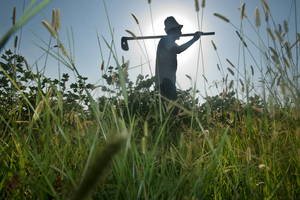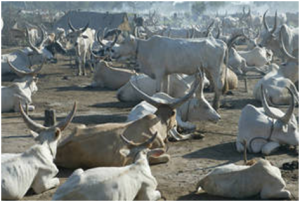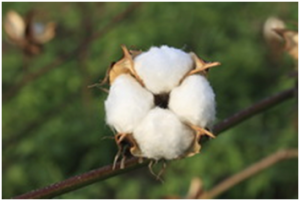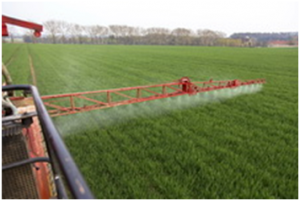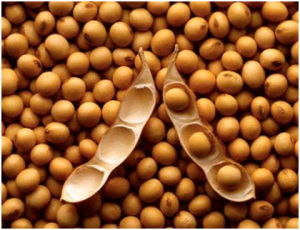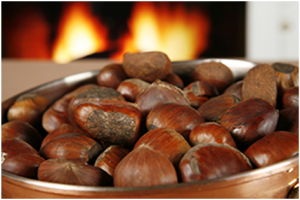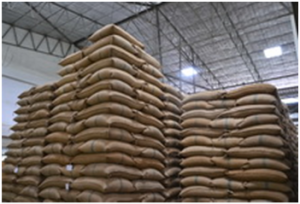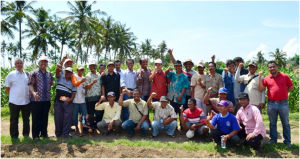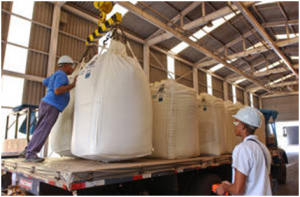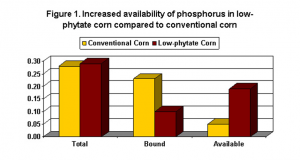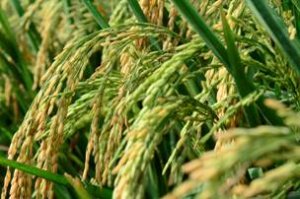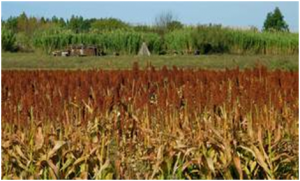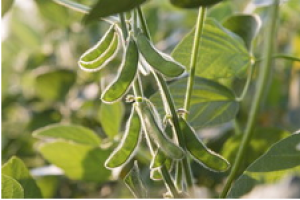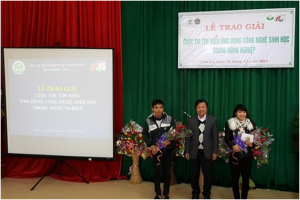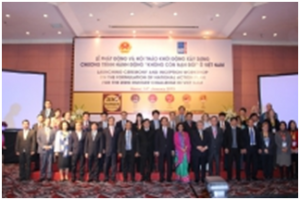|
Herbicide Use Increased More for Non-GM Crops than Biotech Crops, Study
Friday, 2017/04/21 | 07:46:26
|
|
University of Wyoming (UW) scientist reports that herbicide use has increased more rapidly over the last 25 years in non-GE crops than in GE crops. The findings are published in Nature Communications.
Herbicide use in farming GE crops has been a long time issue for biotech critics claiming that GE crop adoption increases herbicide usage. However, Andrew Kniss of the Department of Plant Sciences in UW showed that herbicide use intensity increased over the last 25 years in maize, cotton, rice, and wheat. Even if GM crops were perceived to cause an increase in herbicide use, the actual increases in herbicide use were faster in non-GM crops.
The results showed that even as herbicide use increased, chronic toxicity associated with herbicide use decreased in two out of six crops, while acute toxicity decreased in four out of six crops. In the last year of the study, glyphosate accounted for 26% of maize, 43% of soybean and 45% of cotton herbicide applications. However, due to the relatively low chronic toxicity of this particular herbicide, it contributed only 0.1, 0.3 and 3.5% of the chronic toxicity hazard in those crops, respectively.
If weeds are uncontrolled by herbicides, the global food production could decrease by 20-40%.
For more details, read the research article in Nature Communications.
|
|
|
|
[ Other News ]___________________________________________________
|


 Curently online :
Curently online :
 Total visitors :
Total visitors :

